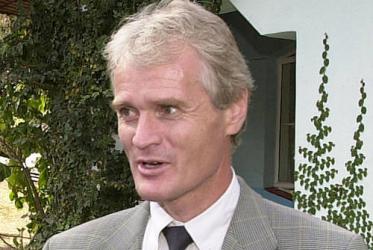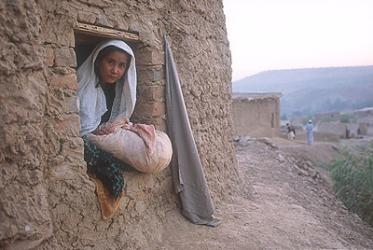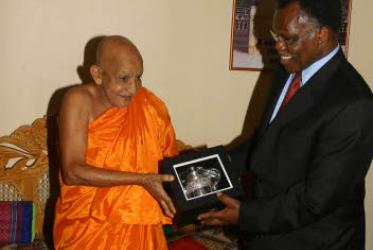Displaying 621 - 640 of 826
The new agenda: unity remains central
28 August 2009
Religious leaders should facilitate peace building
02 July 2009
Pakistan: Ecumenical delegation to support churches amidst conflict
20 November 2008







